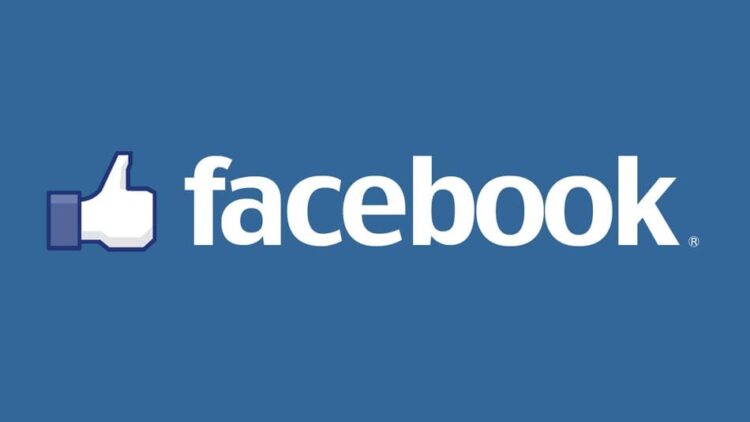By Charlotte Webster-
Facebook has decided to block the sharing or viewing of news links on its platform in Australia in response to a proposed law compelling tech giants to pay for journalism.
Facebook today banned Australians from seeing or posting news content on its site in response to the federal government’s news media code.
The ban was in response Australia wanting tech giants like Facebook and Google to pay for the content reposted from news outlets.
The tech giant’s Australian and New Zealand managing director, Will Easton, said this would block links to Australian publishers from being posted, while no Australian users would be able to share or see content from any news outlets, both Australian and international.
In a statement, he said: “The proposed law fundamentally misunderstands the relationship between our platform and publishers who use it to share news content,” he said in a blog post published on Thursday morning. “It has left us facing a stark choice: attempt to comply with a law that ignores the realities of this relationship, or stop allowing news content on our services in Australia.
“With a heavy heart, we are choosing the latter.”
Australian politicians are in the meantime contemplating forcing digital businesses to reach paid-for-news agreements with media companies with draft legislation that could create a so-called News Media Bargaining Code.
William Easton, managing director at Facebook Australia & New Zealand, wrote on the company’s website on Wednesday: “In response to Australia’s proposed new Media Bargaining law, Facebook will restrict publishers and people in Australia from sharing or viewing Australian and international news content.
Facebook said the changes also mean that “international” publishers can continue to publish news content on Facebook, but links and posts cannot be viewed or shared by Australian audiences.
Meanwhile its “international community” will not be able to view or share Australian news content.
Fact Checking
Fact-checking and Covid-19 information will remain in place to combat misinformation on the platform, but the ban will prevent people from posting links from news sites in response to seeing misinformation on the platform.
Australia’s treasurer, Josh Frydenberg, tweeted he had “a constructive discussion” with Facebook chief executive Mark Zuckerberg on Thursday morning.
“He raised a few remaining issues with the government’s news media bargaining code and we agreed to continue our conversation to try to find a pathway forward.”
Media giant News Corp has already announced it has struck a deal for Google to pay it for news as Australian politicians debate amended legislation to create the code.
Mr Easton said Facebook and other US technology businesses like Google have “fundamentally different relationships with news”.
He added: “Google Search is inextricably intertwined with news and publishers do not voluntarily provide their content.
“On the other hand, publishers willingly choose to post news on Facebook, as it allows them to sell more subscriptions, grow their audiences and increase advertising revenue.”
Last year Facebook generated around 5.1 billion “free referrals” to Australian publishers, Mr Easton claimed, worth an estimated £227 million.
He said the social media giant receives a “minimal” business gain from news, which makes up less than 4% of content users see on their news feed.
“Journalism is important to a democratic society, which is why we build dedicated, free tools to support news organisations around the world in innovating their content for online audiences,” he said.
Mr Easton claimed the proposed legislation seeks to “penalise” Facebook for “content it didn’t take or ask for”.
He said the company is prepared to launch Facebook News in Australia to “significantly increase our investments with local publishers”, but would only do so “with the right rules in place”.
Facebook News, the social network’s new section dedicated to personalised news content, launched in the UK last month, allowing users to see curated news stories from major national, local and lifestyle media outlets.




